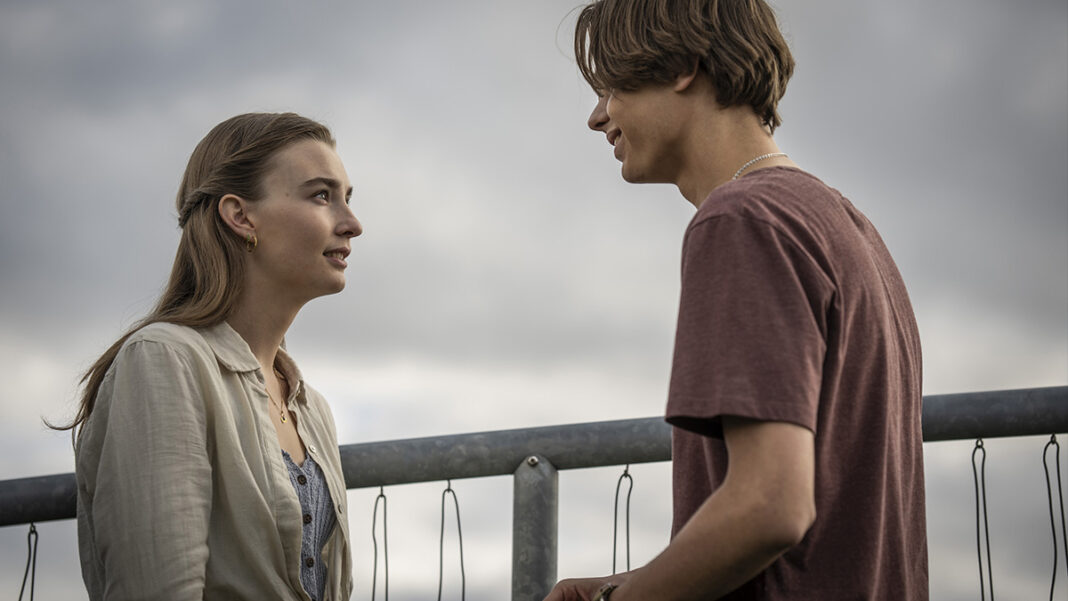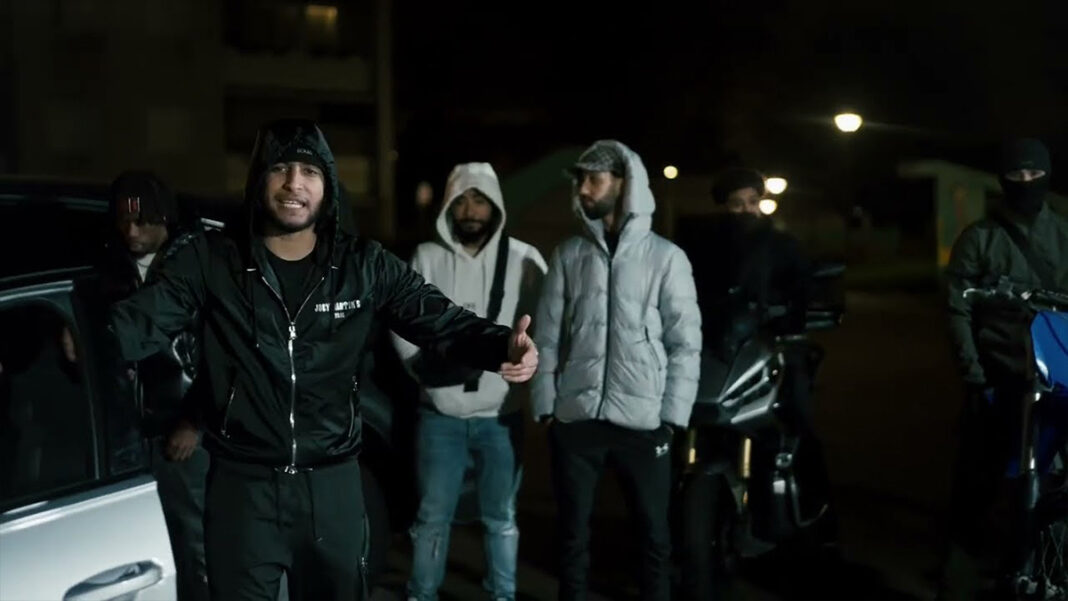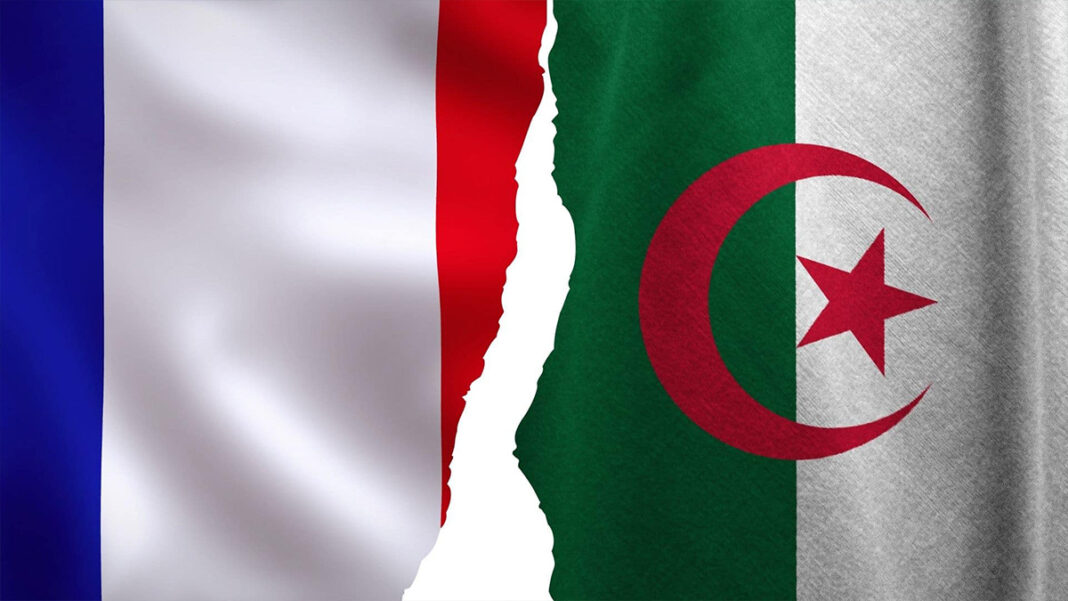Since its acquisition by Disney, much like Miramax, the “Star Wars” franchise has been releasing one series per year. Between spin-offs, prequels, and other derivatives, even fans struggle to keep up. The series “Game of Thrones”, which gave rise to “House of the Dragon” and soon “A Knight of the Seven Kingdoms”, follows the same path. Similarly, the “Dune” franchise has expanded with a series and a trilogy following the legendary film by David Lynch. For now, the “Foundation” saga by Isaac Asimov is struggling to establish itself on screen. The law of buzz does not always meet expectations. Cinema, too, has revisited and reworked the entire Marvel and DC Comics universes. It is clear that cinema and series, by exhausting themselves in remakes, spin-offs, and prequels, may have a creativity issue or reflect the producers’ reluctance to take risks.
The Danish Series “Family Like Ours” Stands Out
“Family Like Ours” takes a completely different approach. The pitch of the series is downright terrifying: the ecological crisis forces the Danish government to organize the evacuation of the country due to rising sea levels. Faced with this climate apocalypse, the population loses its humanity, and the victims of this tragedy find themselves in a situation reminiscent of what “migrants” experienced during European wars. In an instant, Denmark, a highly developed country known for its exemplary democracy, becomes “persona non grata” on Europe’s map. This series truly makes you think.
Thomas Vinterberg: An Exceptional Showrunner
Thomas Vinterberg is a gem of Danish cinema and now television. The director has already gained recognition with two feature films: “The Hunt” and “Drunk”. Starring the formidable Mads Mikkelsen (known for more than just “Hannibal”), “The Hunt” tells the story of a man falsely accused by a child, who must face collective hysteria. The film explores the concept of innocence and the role of the “scapegoat”, an idea that has shaped collective imagination from the Middle Ages to the social media era.
In contrast, “Drunk” tackles an entirely different subject, with the same lead actor. Four friends experiment with the absurd theory of a Norwegian psychologist who claims humans are born with an alcohol deficit. They drink daily, but the results are less promising than expected. Both films were enthusiastically received at international festivals. Vinterberg, accustomed to tackling challenging topics, avoids easy answers.
“Family Like Ours”: The Speed of Collapse
In “Family Like Ours”, what stands out is the speed of the collapse. For a long time, the ecological debate was ignored. In the 1990s, climate change was only a concern for a few green political parties. By the mid-2000s, its effects became widely reported and tangible, but no government took serious action. Today, despite the heavy news cycle filled with crises linked to climate change, leaders still seem to believe the issue will resolve itself.
In the series, the crisis strikes suddenly and without warning. Denmark, a European jewel, collapses in an instant, becoming a problem its neighbors pass around like a hot potato.
Giving a Face to the Climate Crisis
With “Family Like Ours”, Vinterberg gives a “face” to the climate crisis. A catastrophe often ignored by politicians and the public is vividly brought to light here. The series illustrates what this crisis could look like. While acts of solidarity emerge within families, as is often the case in times of war or major crises, humans quickly revert to their “animal instincts”. “Every man for himself” and “survival instincts” resurface violently.
A Strong Cast
The cast includes Albert Rudbeck Lindhardt (“Drunk”), Nikolaj Lie Kaas (“Riders of Justice”), and Magnus Millang (“Drunk”). Staying true to Vinterberg’s tradition, the actors avoid overacting and subtly weave the threads of a complex narrative.
By following a family, one of whose members is part of the government, the series highlights the downfall of Danish society and the general decline of all its members. Confronted with the suppressed climate crisis, Europe appears to be a “colossus with feet of clay”.


